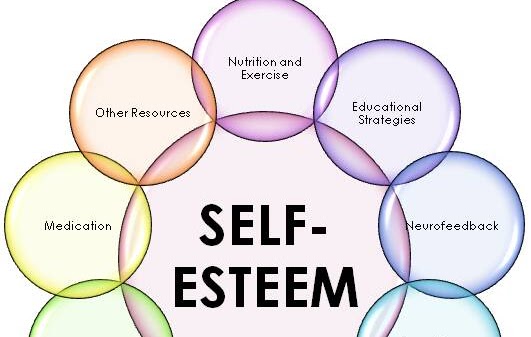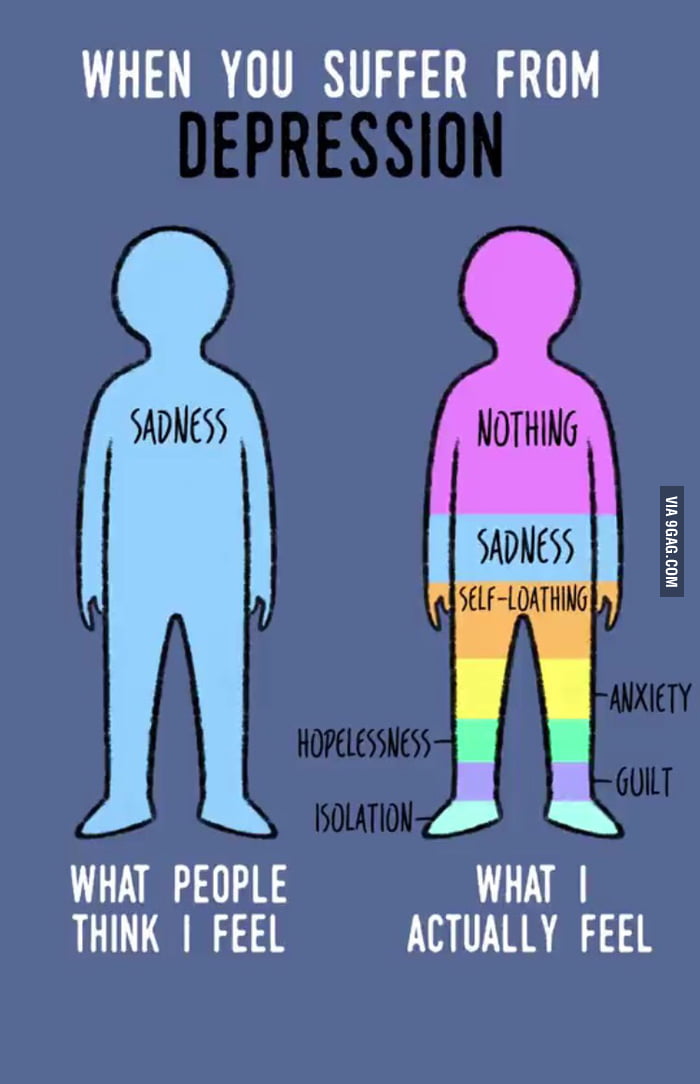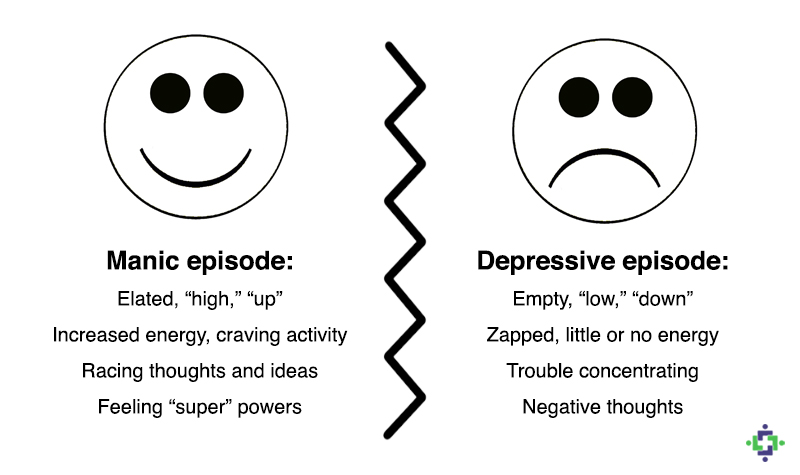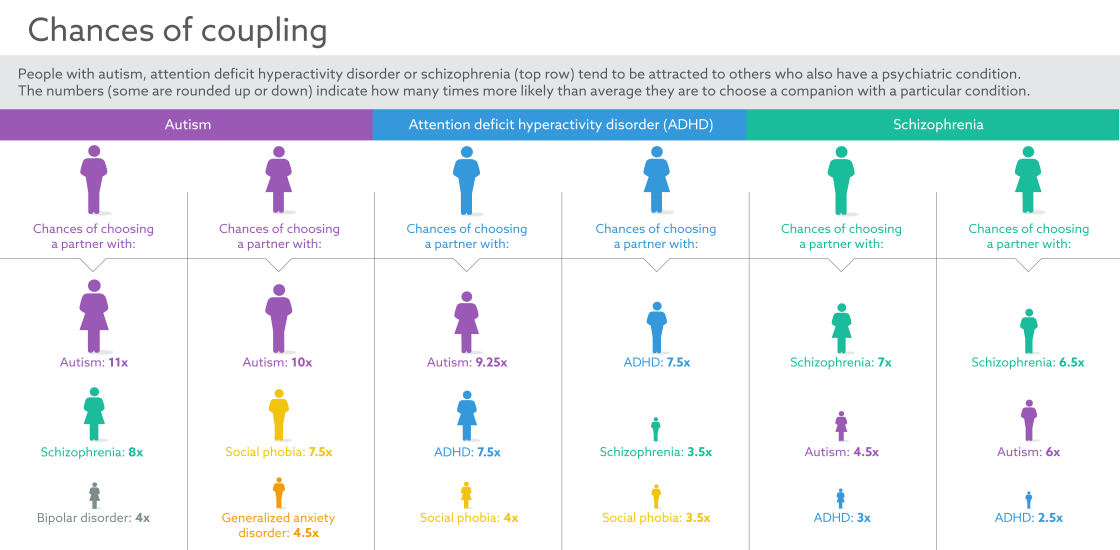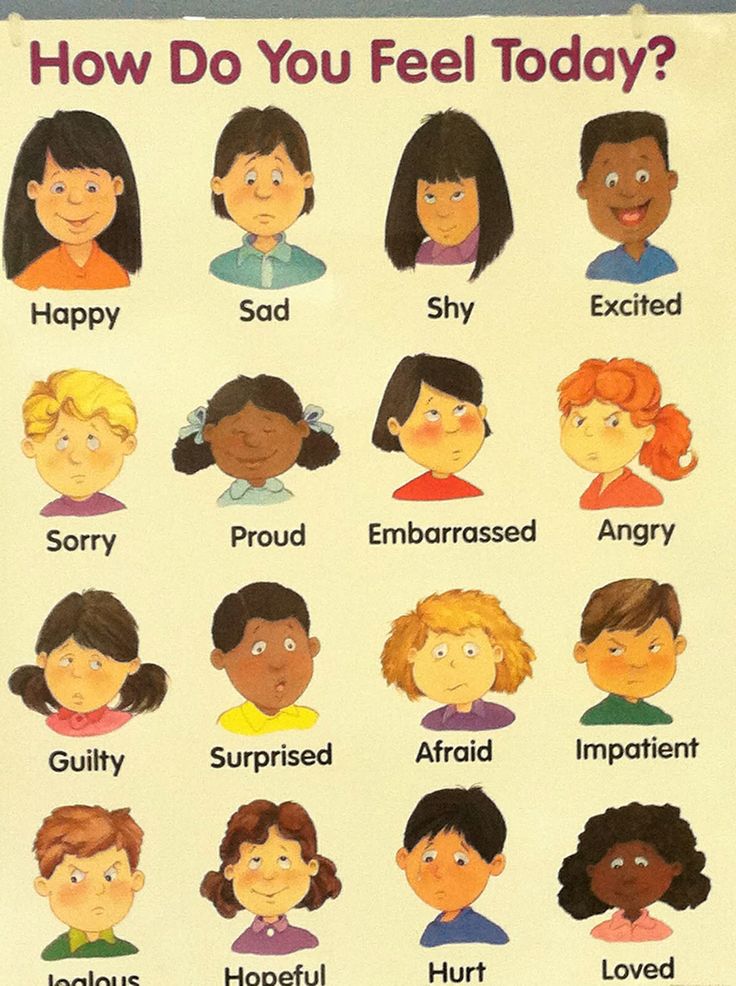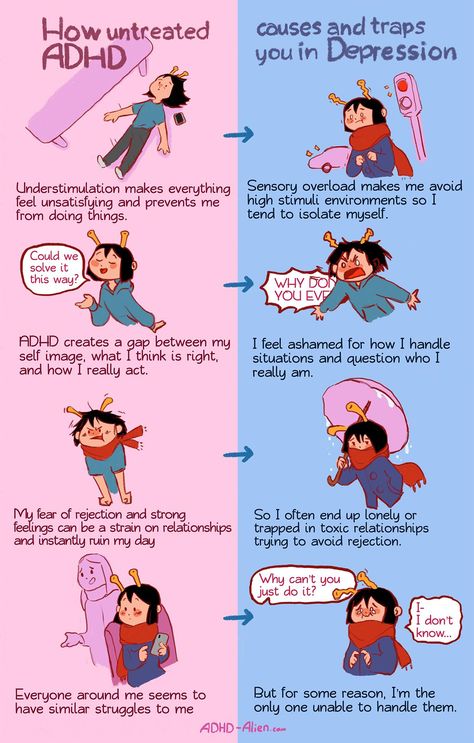Tips about friendship
Struggling to Be a Good Friend? Learn How to Become One
Having friendships in your life gives you a sense of belonging, reduces stress, boosts your confidence, helps you through tough times, and makes it easier to avoid unhealthy lifestyles. Scientifically, adults with robust friend networks are less likely to have mental health issues, high blood pressure, and increased body mass indexes. Older adults who have a lot of friends are also more likely to live longer.
How, however, do you cultivate those strong friendships? Read more to find out.
The Qualities of A Good Friend
The ancient Greek philosopher Aristotle wrote extensively about what friends are, what makes good friends, and much more. He even said that between friends, there is a particular type of love. However, he essentially said that good friends have sympathy and mutual caring between each other. This can mean sharing emotions through empathy and helping a friend in need.
In practice, this can look like:
- Feeling good. Good friends say nice things to each other. They lift each other up and give compliments. So, not only should you feel good about yourself but you should also help your friends feel good.
- Supporting each other. In sad moments when your friend feels down or blue, a good friend thing to do is to help them feel better.
- Love the differences. There is no possible way that your friends will have all the same interests or hobbies as you. Even if you and your friend’s interests do not line up, remain open. Try out your friend’s interests and see if you like them, too. If you don’t, understand that good friends encourage each other even in their separate interests.
- Be a good listener. Be sure to listen and not interrupt your friend. In a healthy friendship, both parties are interested in what the other has to say.
- Be a trustworthy friend.
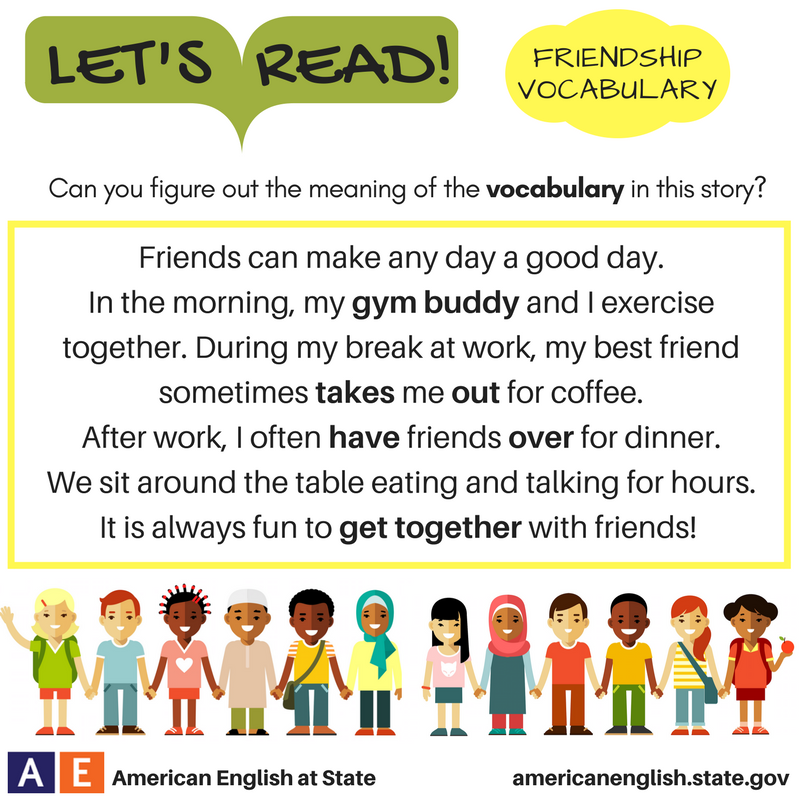 Good friends are not judgmental, and they keep private information confidential.
Good friends are not judgmental, and they keep private information confidential. - Maintain respect and respectful boundaries. If you are friends with someone for long enough, there are sure to be issues that arise. Perhaps you will do or say something that will upset your friend. Or maybe they have done something that upset you. Either way, close friends can candidly talk about these things and work through their issues.
- Give them your time. Making a close connection takes work and time. By giving your friends time regularly, you let them into your life. Perhaps at first, it may feel awkward, but more and more, you both will feel more comfortable.
- Reciprocal connection. Being a good friend doesn’t just mean listening to your friend or vice versa. Strong friendships are mutual; no one person should be dominant. Again, you should both make each feel good and lift each other up.
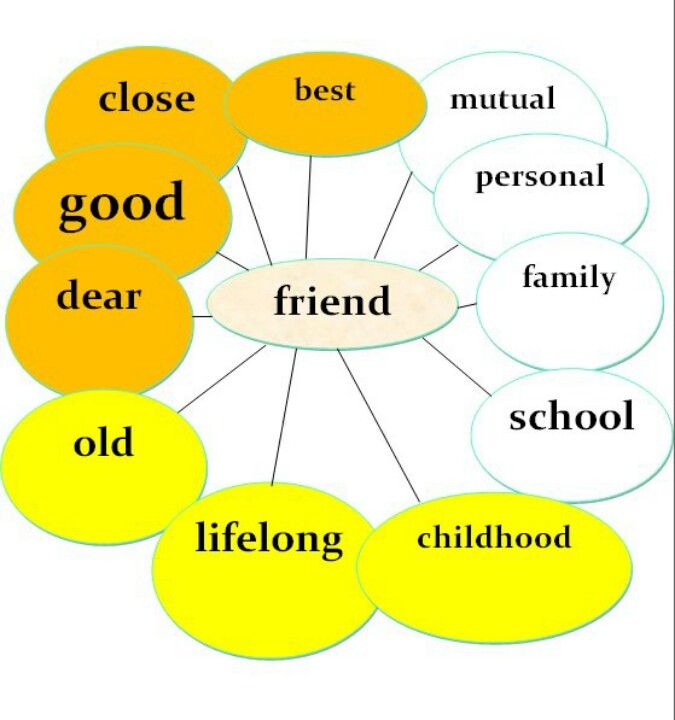
- Create a community. While certain friendship connections can feel special, like having a “best friend,” it is always a great thing to have more than one friend in your life. Having a few good friends can widen your perspective on life, give you different types of friendships, and increase your support.
- Quality over quantity. While having a community is essential, you can feel pressured to have lots of friends in this modern age of social media followers. However, resist this pressure. It is more important to have quality and close connections to fewer people than many superficial friend connections.
Let It Go When It's Time
It is important to cherish your good friends. If problems arise, let your friend know how much you care about them and want to hear them out. Then, try and work through the difficulties. This can offer you both a chance to connect and grow in your relationship.
However, sometimes people grow apart.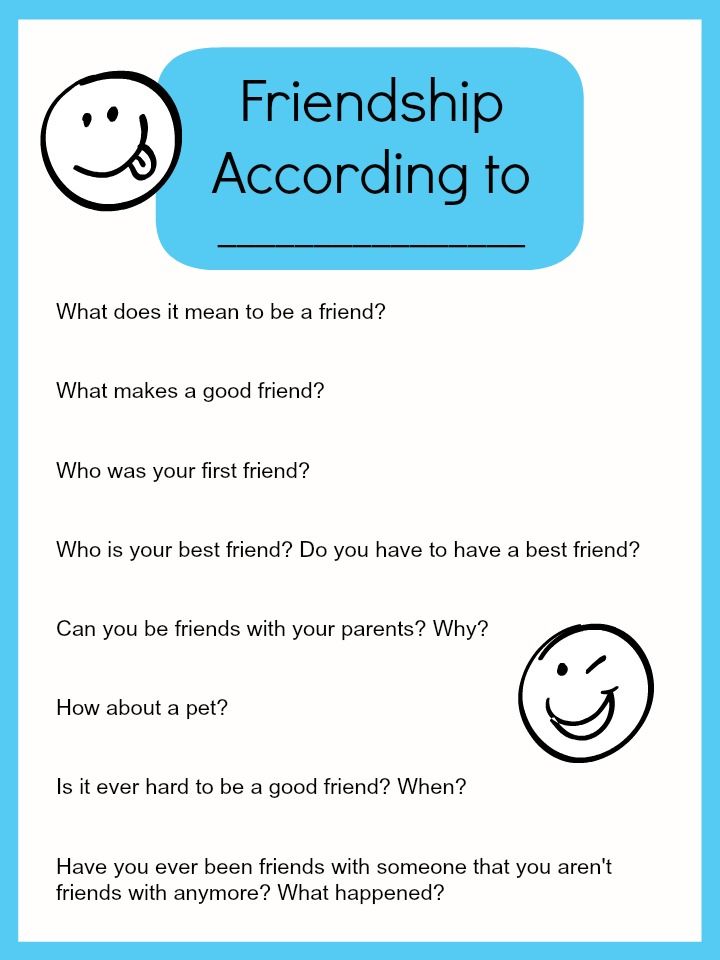 Good friends develop long-lasting mutual respect and understanding. They understand that occasionally certain friendships do not fit into certain phases of life. Truly appreciating your friend means that you support them even when they need space from you. Although it hurts, let them go if that’s what they need. Give them the chance to grow and expand into a fuller version of themselves.
Good friends develop long-lasting mutual respect and understanding. They understand that occasionally certain friendships do not fit into certain phases of life. Truly appreciating your friend means that you support them even when they need space from you. Although it hurts, let them go if that’s what they need. Give them the chance to grow and expand into a fuller version of themselves.
10 Tips to Help You Keep More Good Friends
Modern-day technology and social media make it easier to stay connected with friends and keep up with their successes, interests and status updates. But busy lifestyles, superficial communication, false intimacy and even neediness make it harder to develop and keep real friendships.
If you have good friends who enrich your life, bring you positive energy, boost your well being, and serve as trusted confidants, these 10 tips can definitely help you keep them:
1. Make time to connect.In The Top Five Regrets of the Dying, author and palliative nurse Bronnie Ware reveals that one of the common regrets of the dying is, “I wish I had stayed in touch with friends.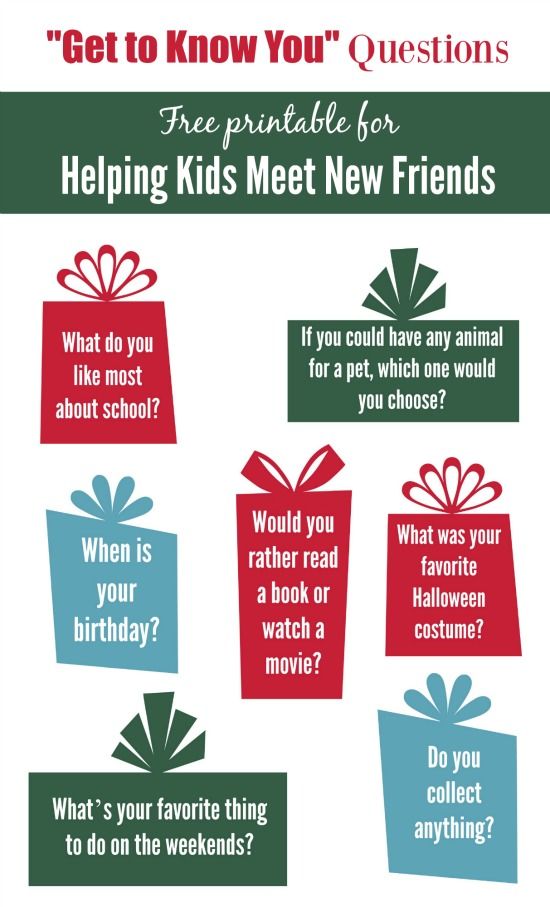 ” She notes that among the people she cared for, “There were many deep regrets about not giving friendships the time and effort that they deserved.”
” She notes that among the people she cared for, “There were many deep regrets about not giving friendships the time and effort that they deserved.”
Cultivating durable friendships involves building a solid foundation, resolving disagreements and misunderstandings, and showing appreciation for the person’s presence in your life. These all require staying in touch with your friends, not just online but offline as well.
When you’re dealing with deadlines at work, attending to your family’s needs, traveling the world, or pursuing hobbies, it’s challenging to connect with friends. But making time for friends is essential if you want to keep them.
Staying connected includes spontaneous telephone calls, quick emails, and online chatting just to say hi or to touch base on challenges and successes in life. It also means making time for face-to-face meetups, which are key to creating and maintaining a close bond.
⌄ Scroll down to continue reading article ⌄
⌄ Scroll down to continue reading article ⌄
While inviting them to parties and happy hours are part of staying connected, you want to include one-on-one and small group meetings to have quality time together.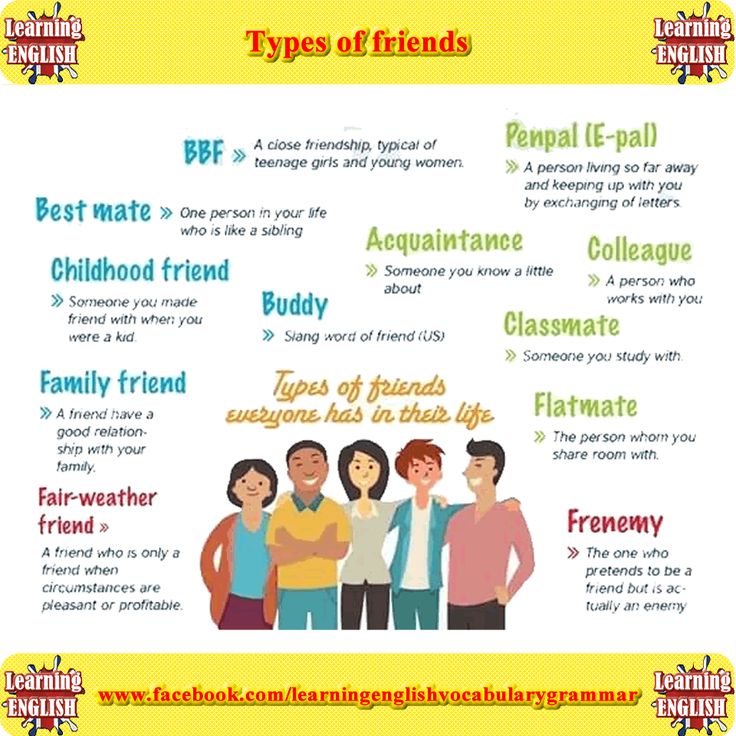 Set a date to get together, whether it’s for a Saturday brunch at the neighborhood restaurant, a coffee chat before work, or a bowling game on a Friday evening. Then show up and treat them like a VIP.
Set a date to get together, whether it’s for a Saturday brunch at the neighborhood restaurant, a coffee chat before work, or a bowling game on a Friday evening. Then show up and treat them like a VIP.
When your friend is going through a tough time or facing a crisis, let her know how and when to best reach you for support. If you answer telephone calls only during certain hours, respond to text messages on your lunch break, or check your emails only once or twice a day, inform her of these habits. Likewise, don’t call your friend at odd hours (unless you have explicit consent from her) or expect an immediate reply from her (unless you have a mutual understanding) to hash out the latest drama and dilemma in your life.
Constant complaining and venting can undermine the long-term viability of your friendship, no matter how close it is. While revealing your frustrations and disappointments to good friends is natural and healthy, you also want to avoid relying on them for free therapy.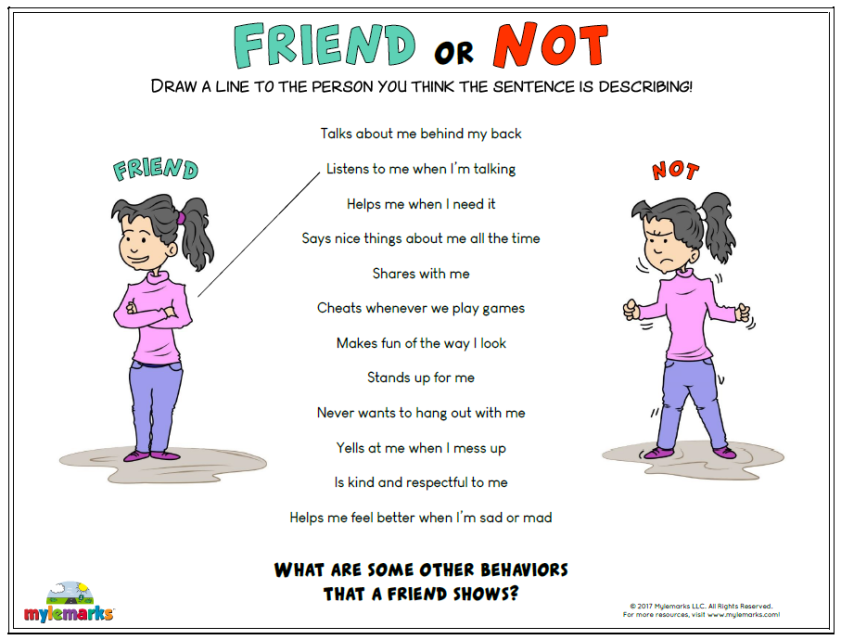 Setting and respecting healthy boundaries are critical to maintaining real friendships.
Setting and respecting healthy boundaries are critical to maintaining real friendships.
When you’re talking with a friend, it can be tempting to chime in and give a comment here and there. You might even interrupt and finish her sentences because you know her so well.
Of course, communication is a two-way street. If you repetitively pepper your friend with questions and sit quietly, do no revealing yourself, or have no response to her stories, the interaction can feel like an interrogation rather than a conversation. Back and forth banter and selective listening are very common among friends. But it can also stop you from forging a strong connection and true intimacy.
Checking your voice mail, eyeing your text messages, or otherwise being distracted might seem acceptable when you’re with good friends, but it could turn them off from spending time with you. If you are interrupted and need to attend to something else, briefly explain why and re-direct your focus as quickly as possible.
⌄ Scroll down to continue reading article ⌄
⌄ Scroll down to continue reading article ⌄
When it comes to meaningful conversations, the best friends are those who are able to listen deeply, without giving endless commentary or unsolicited advice. They know how to hold off on speaking when a sympathetic ear or calm space is really what’s needed.
Deep listening allows you to be completely present with the other person and to develop empathy for her emotions and experiences. Feeling fully heard and completely understood are some of the greatest gifts your friend can receive from you.
“Listening is a magnetic and strange thing, a creative force. The friends who listen to us are the ones we move toward. When we are listened to, it creates us, makes us unfold and expand.” — Karl A. Menniger
Mindful speaking is also necessary to keeping good friends. The words you speak can be pleasant (such as when you pay a true compliment) or painful (like when you offer unnecessary and unkind criticism).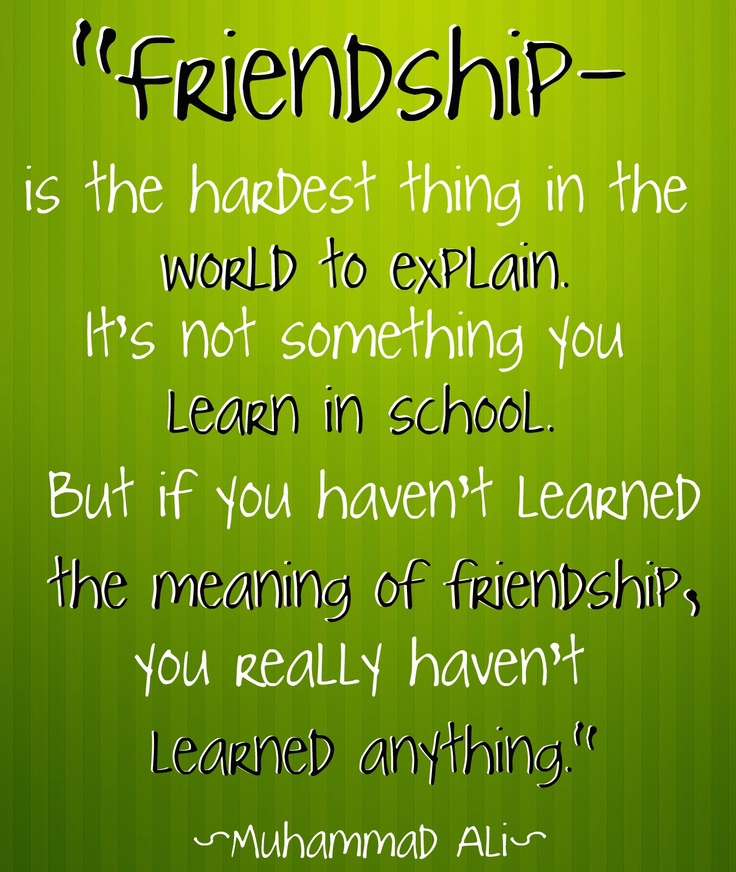 Your speech influences your environment, shapes your reality, affects others’ perceptions, and makes or breaks friendships.
Your speech influences your environment, shapes your reality, affects others’ perceptions, and makes or breaks friendships.
Be deliberate about what you say, when you say it and how you say it. Knowing when to speak up and when to stay silent has ripple effects on the quality and sustainability of friendships.
4. Be open to feedback.Asking for your friend’s comments, thoughts and opinions on your latest project or a decision you have to make is a huge compliment to them. If you solicit their feedback to help you build self-awareness, create new habits, and make positive changes, this shows how much you value their insights. Whether they have similar or different backgrounds, beliefs and philosophies, good friends bring a unique perspective to your life.
⌄ Scroll down to continue reading article ⌄
⌄ Scroll down to continue reading article ⌄
5.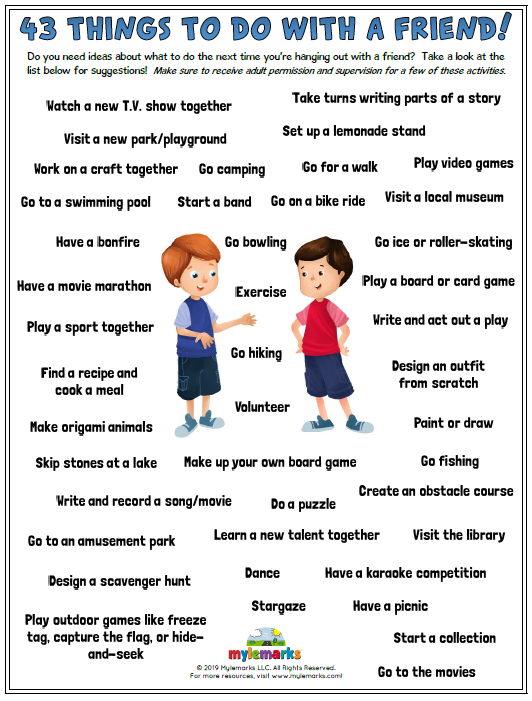 Keep them accountable.
Keep them accountable.Healthy friendships are built on equality and respect, not co-dependence and obligation. Hold your good friends in high regard and expect them to keep their promises and act in alignment with their values and ideals.
While being non-judgmental goes a long way, you can gently ask your friend questions to help him become more self-aware and conscious of his choices. This is not about telling your friend what to do, but reminding him of his own capabilities and desires. Although your friend might be defensive and embarrassed at first, he will likely thank you later for helping him grow and stay true to his commitments.
6. Get to know them personally.If you want to keep good friends, show up at their celebrations, including birthday parties, graduation shindigs, weddings and baby showers. Even if it’s just for an hour, your putting in face time at special events will be remembered and appreciated. You get to capture touching photos and make lasting memories of a shared experience and unique occasion.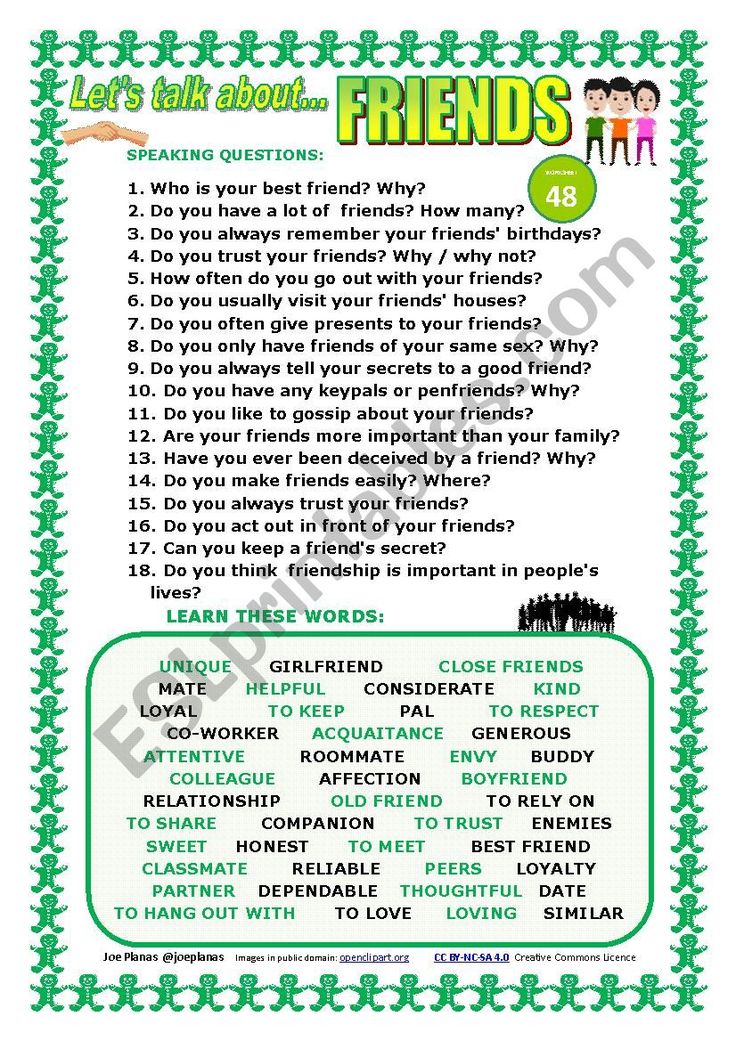
Create or take advantage of opportunities to meet their significant others, spouses, children, cherished family members, and other friends. Develop common hobbies and mutual interests or learn about the activities they enjoy and what makes them come alive. Being a part of your friends’ community will help to strengthen your personal relationship with them.
7. Give them space.“”Doing all we can to promote our friend’s happiness is better than to continually drink to his prosperity.” – Minna Thomas Antrim
Being too needy or clingy can drive good friends away. When your friend doesn’t call you back, return your email, or reply to your text message as quickly as you’d like, don’t make it into a big deal.
⌄ Scroll down to continue reading article ⌄
⌄ Scroll down to continue reading article ⌄
Good friends have full lives and personal responsibilities of their own, so don’t be surprised if their world doesn’t revolve around you.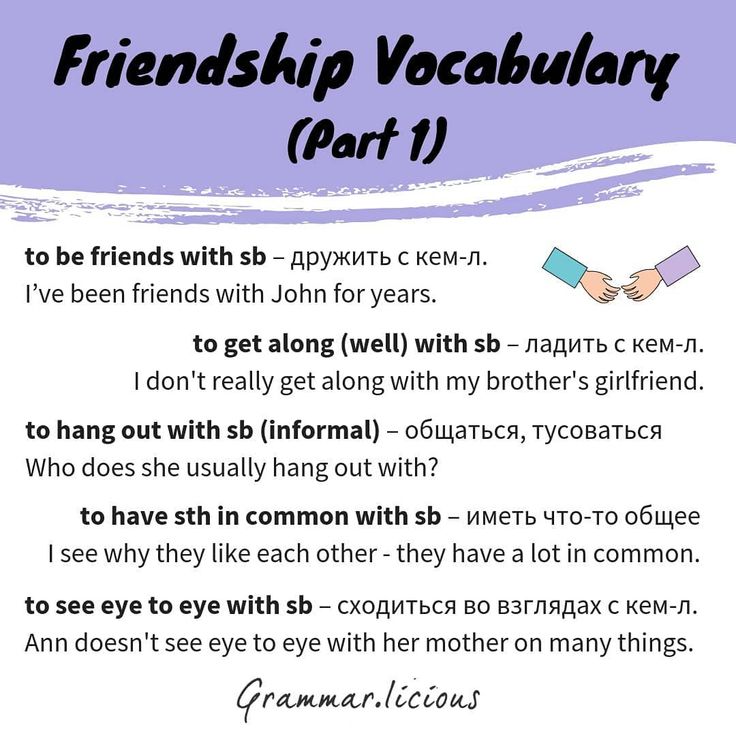 Explore your own interests, form a strong network and community, and savor solitude so that you can give each of your good friendships room to breathe.
Explore your own interests, form a strong network and community, and savor solitude so that you can give each of your good friendships room to breathe.
Disclosing your likes and dislikes, strengths and weaknesses, and failures and successes encourages your friend to reciprocate and build a true connection with you. When a friend shares personal information with you, consider it as a step further into cultivating an authentic friendship, not as a means to gain leverage, content for gossip, or social power.
Practicing honesty and transparency, keeping confidences, and showing genuine interest in your friend’s well being are key to establishing trust. Do what you say you’re going to do. Keep your promises or renegotiate if you can’t keep them.
9. Resolve disagreements in emotionally mature ways.Get through conflicts by expressing what’s on your mind instead of allowing resentment to fester. State your preferences and point of view to create clarity and encourage dialogue, instead of making arguments to try and coerce your friend into agreeing with you.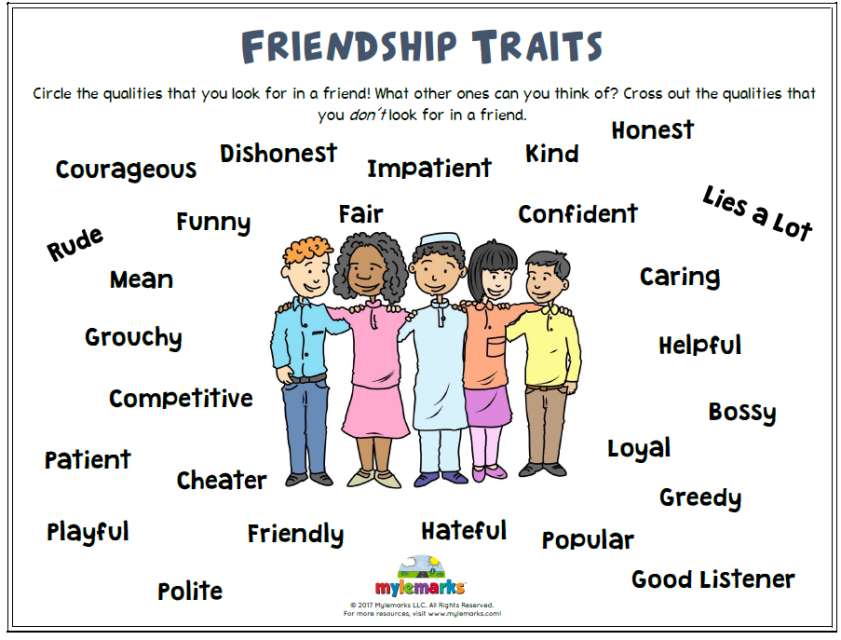 Attempting to instill fear, obligation and guilt or using any type of emotional blackmail are no-nos if you want to keep a good friendship.
Attempting to instill fear, obligation and guilt or using any type of emotional blackmail are no-nos if you want to keep a good friendship.
Although good friends can inspire you, you want to avoid obsessive comparisons that might bring you down or drive you to constant one-upping. Making negative comments, finding fault, and passing judgments are major turn-offs.
Instead, be a vocal witness to your friend’s best qualities and most joyful experiences. Notice when your friends are most excited and energized — whether it’s when they speak about their latest work project or make progress on a creative hobby — and share your observation with them. They will enjoy being your friend when you remind them about what’s working for them and when you feel good about your own life.
⌄ Scroll down to continue reading article ⌄
⌄ Scroll down to continue reading article ⌄
No matter what you do, some good friends will naturally drift away as time passes or when circumstances change.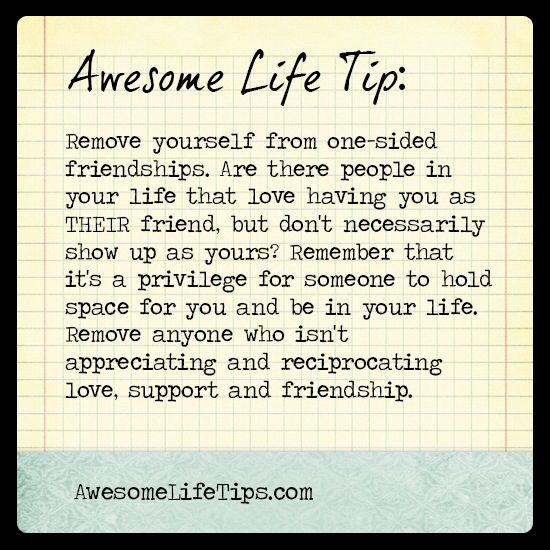 But applying these 10 tips will help you keep more good friends for many years to come (and even for a lifetime).
But applying these 10 tips will help you keep more good friends for many years to come (and even for a lifetime).
Featured photo credit: mcconnmama via pixabay.com
Friendship forever? 6 tips to help you keep friends - Knife
Friendship is the most difficult type of relationship, because it cannot be formally fixed. And the common life of friends does not connect - unlike, say, couples. Not surprisingly, friendships can sometimes be even more difficult than romantic relationships. We understand why with age we have fewer friends and whether this can be prevented.
ShareRepostTweet
Why are friends important? nine0008
As people age, they lose friends or have trouble making new ones. This makes them devalue friendship: it is supposedly given too much importance. But in fact, friendly communication is extremely important for a person, not only psychologically, but also physiologically. Studies show that friendship helps people maintain physical and mental health, helps maintain normal blood pressure, reduces the risk of dementia, and strengthens the immune system. Scientists also found that emotional closeness with peers helps to gain self-confidence and reduces the risk of developing depression. Loneliness, on the contrary, leads to sad consequences - diseases of the cardiovascular system, early development of Alzheimer's disease, insomnia. nine0003
Scientists also found that emotional closeness with peers helps to gain self-confidence and reduces the risk of developing depression. Loneliness, on the contrary, leads to sad consequences - diseases of the cardiovascular system, early development of Alzheimer's disease, insomnia. nine0003
At what age do we lose friends?
It is believed that the peak of a person's social connections falls on 20-30 years. Then they begin to decrease, and the appearance of the family plays a big role here: the partner and children, as it were, take on the functions of friendship. It also affects the fact that free time is becoming much less. As a result, by the age of 65, 25% of people remain without friends at all, which is reflected in their standard of living. At the same time, it is in old age, when work and family no longer take so much strength, that a person experiences a special need for communication. And it just doesn’t exist - or it exists, but not enough. So the social activity of an elderly person is reduced, and this has a bad effect on physical and psychological health.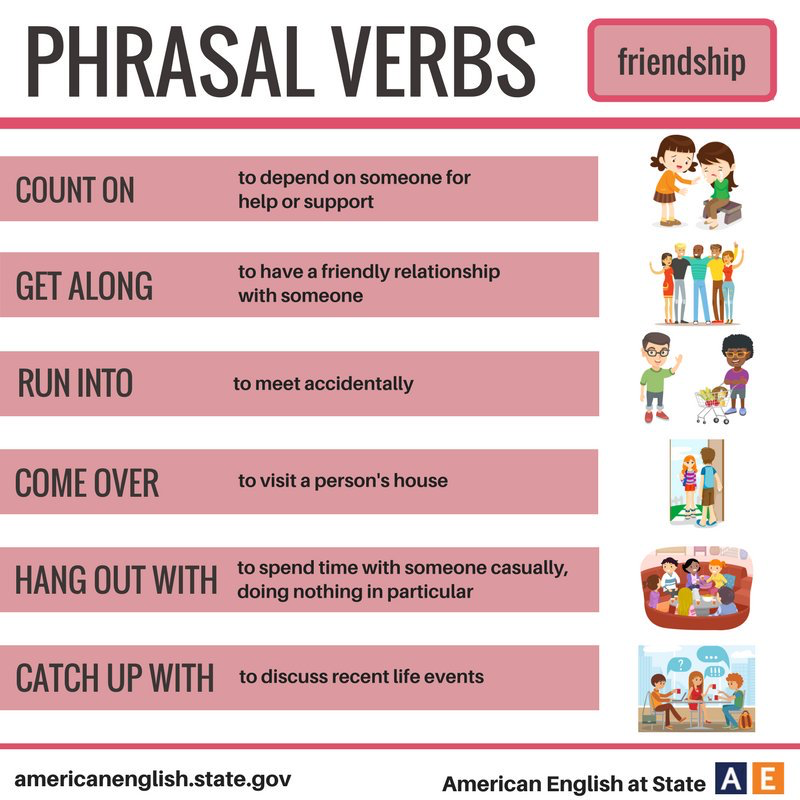 nine0003
nine0003
How do you keep old friendships and make new ones?
Look for a compromise. Friendship cannot be built on ultimatums and peremptory judgments. You can't be a dictator - remember that good relationships are built on compromise. Go meet your friends whenever you can. If they ask to reschedule a meeting, reschedule - and don't hesitate to ask your buddy to do the same if necessary. Flexibility, the ability to bypass sharp corners and not enter into a decisive conflict where this can be avoided is the key to strong friendly relations. nine0003
Develop empathy. Many conflicts that break up friendships are due to the fact that people do not hear each other and do not want to enter into the position of another person. As a result, mutual reproaches and accusations arise. It is always important to try to hear your friend and not attribute your thoughts to him. You should not think about people worse than they are: for example, if a person cannot meet with you, referring to important work matters, in most cases it is worth believing this, and not believing that you are being avoided.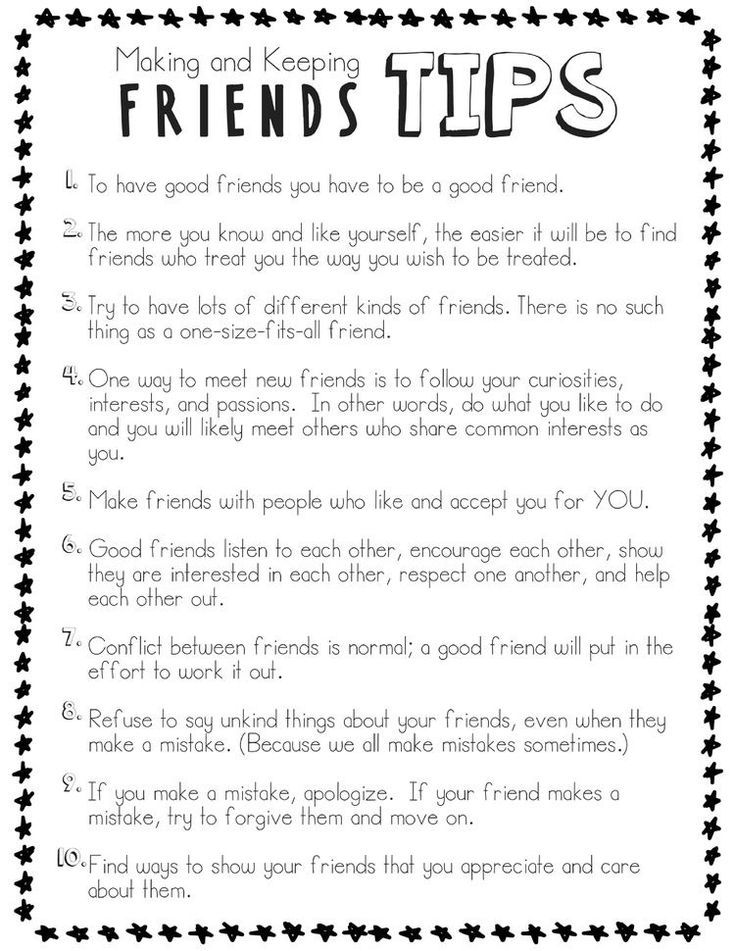 nine0003
nine0003
In the 2000s, psychologist Jan Jaeger conducted a survey for his book When Friendship Hurts and found that 68% of people had experienced betrayal by their friends. However, this impressive figure hardly says that humanity is so bad. Most likely, the survey participants simply did not sort things out directly and perceived the actions of friends as a betrayal, although in reality the situation could be completely different.
Strive for personal growth. With age, making friends becomes more difficult than in youth, simply because a person rarely goes beyond "home - work". To prevent this from happening, remember that free time can be spent not only at the computer and with the family. Look for additional activities: go to various courses and trainings, pay attention to personal growth. This will help not only make new friends, but also maintain old contacts. The more active and rich your life is, the more interesting it is to communicate with you, and friends will appreciate it.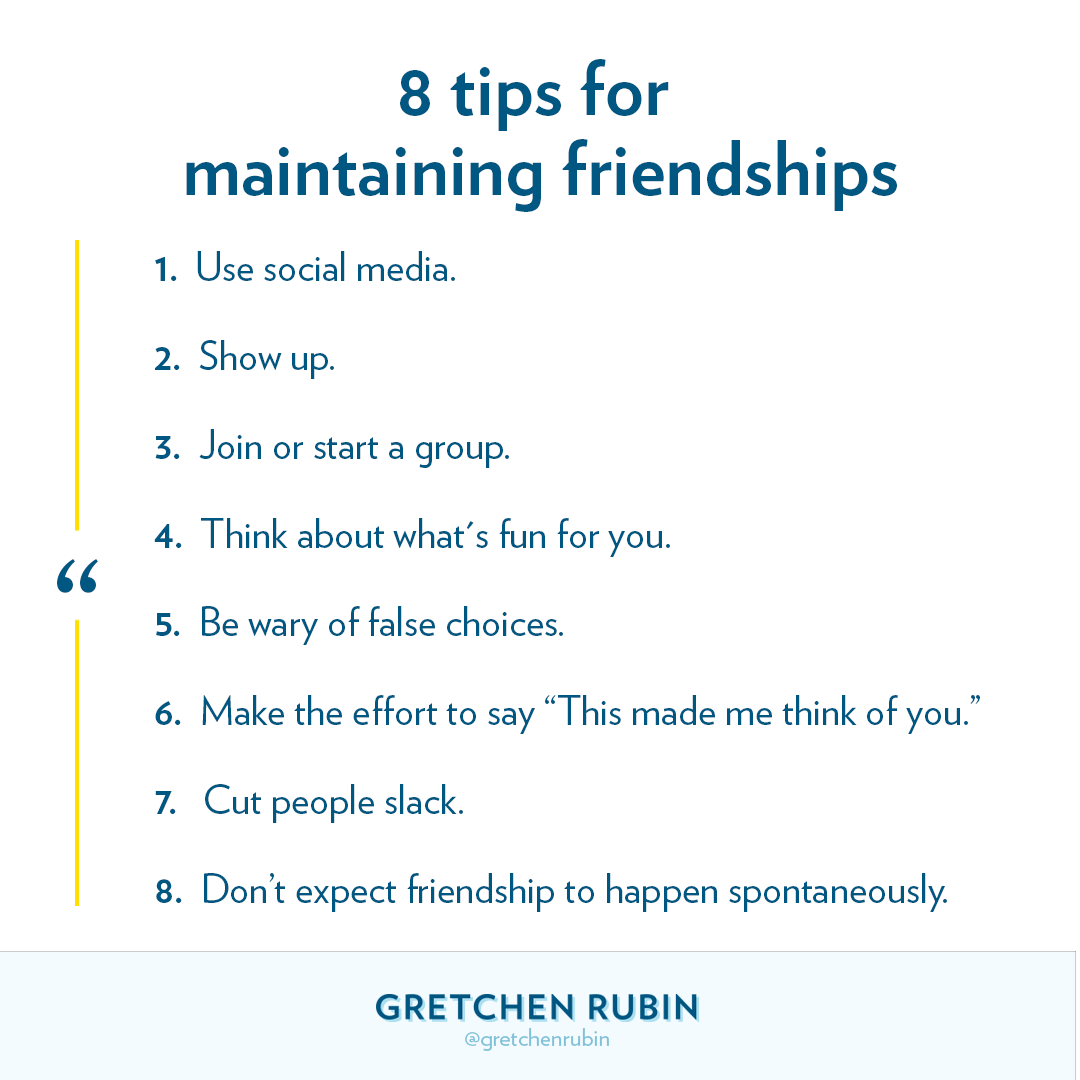 nine0003
nine0003
Set your priorities right. Many people put maintaining friendships at the bottom of their to-do list. This is unfair: friendship is very important, so if you want to avoid the negative consequences of loneliness, make time for it. Close relationships are impossible without personal communication. You should not console yourself with the illusion that later, "someday", you will be able to catch up, and your friend will not get away from you.
Express your feelings openly. People often begin to doubt friendships when they see no evidence of emotional intimacy. This happens because we rarely consider it necessary to thank a person for friendship, to appreciate his contribution to our life in dignity. Be open with your friends, remind them more often how important they are to you. In addition, frankness is very important: if you try to "censor" your communication with friends because you are afraid of appearing ridiculous or weak, this will not lead to anything good.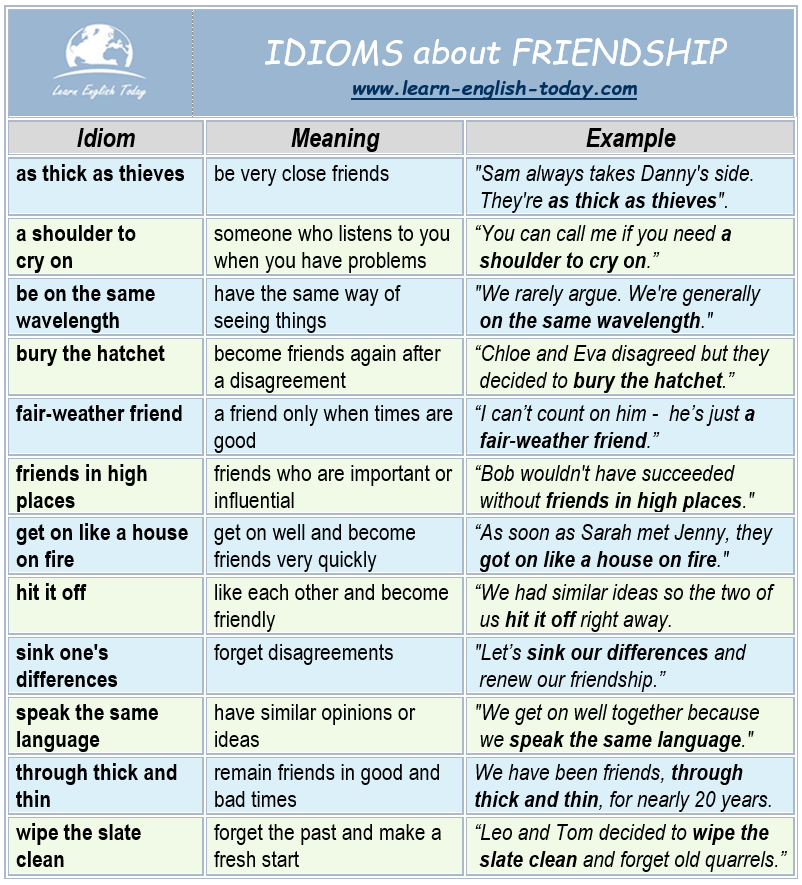 Sooner or later, such relationships will collapse under the weight of the unspoken. nine0003
Sooner or later, such relationships will collapse under the weight of the unspoken. nine0003
Do not withdraw into yourself. It happens that friends really betray us and we part with them. Or we lose them for some other reason, and then we don’t get new ones anymore, because we’re lazy or it seems like we can do it anyway. Do not cherish your loneliness. Sooner or later you will realize that you made a mistake by choosing a similar path, but it will be too late to change something.
How to maintain friendship | 10 Tips - The Psychology of an Effective Life
A friendly "romance" is written daily, not in one day. Maintaining a beautiful sincere friendship for a long time requires no less effort than working on a love story. There is everything in friendship: both difficult moments and moments of unbridled fun. You need to learn to overcome the first and make the second happen more often. nine0052
Friends are our second family, which we chose ourselves.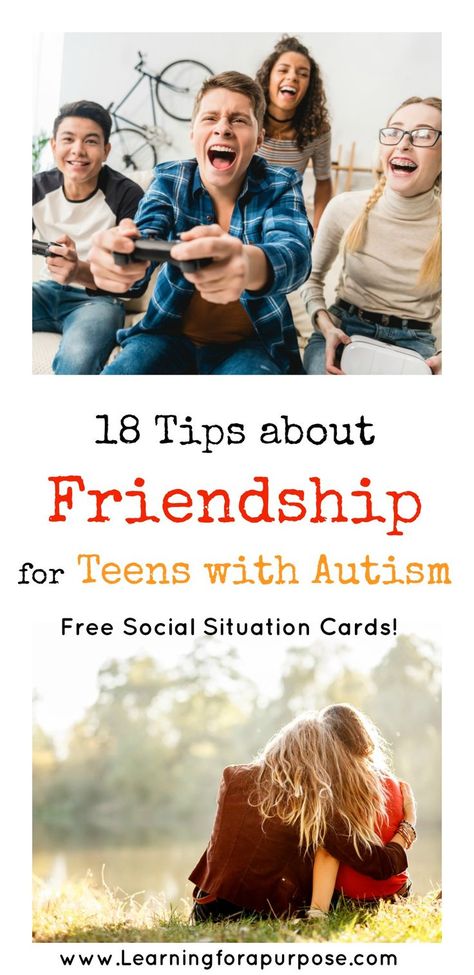 Therefore, friendship deserves some effort to preserve it. Our 10 tips for maintaining friendships.
Therefore, friendship deserves some effort to preserve it. Our 10 tips for maintaining friendships.
1. Accept friends with all their faults
Is your friend always late and you are extremely punctual? A friend likes to stay at home, and you are very easy-going? It's okay for friends to have differences, as long as they don't conflict with core values. We have no other choice but to accept the peculiarities of our friends. We cannot ask them to change. Because, in turn, we would also not like it if we were required to become a different person. nine0003
After all, the world is big enough to find exactly the kind of people who would be perfect for you as friends. Unlike the family we don't choose. If the shortcomings of friends are so unacceptable to you, it may make sense to stop communicating with them.
2. Be available to friends
To keep a friend, it is important not only to accept him with all his shortcomings, but also to be available to him.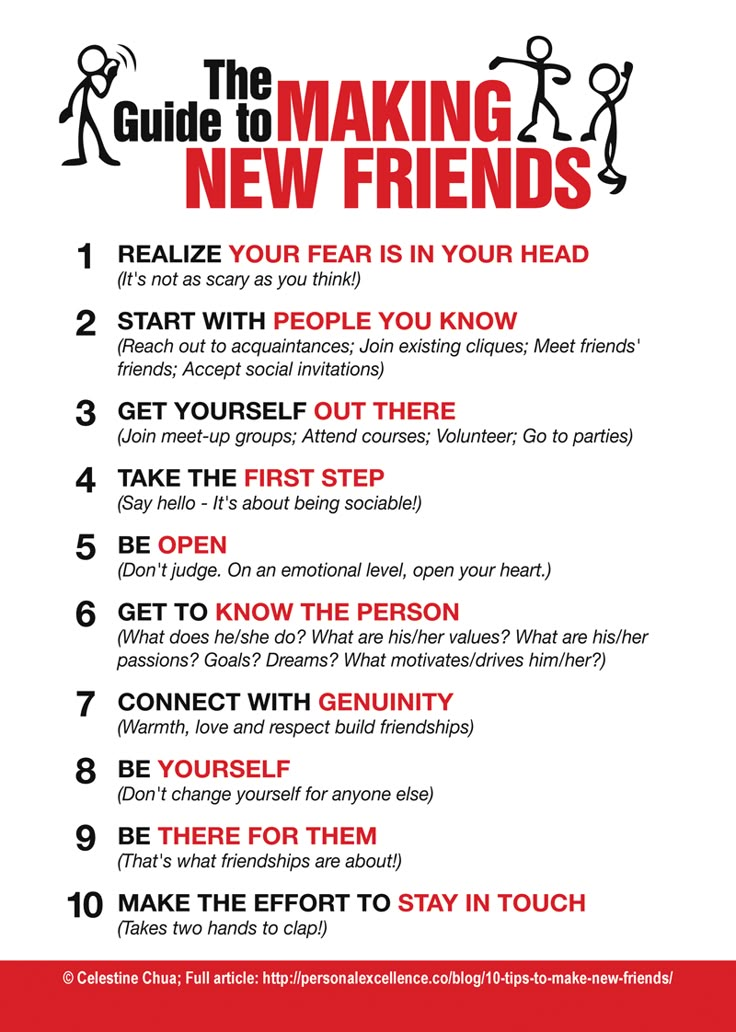 It means to be the kind of person he can count on at any important moment for him. Try to be there when he really needs you, even if you have little time for communication in your daily routine. It's true that when things are going well, we rarely meet. nine0003
It means to be the kind of person he can count on at any important moment for him. Try to be there when he really needs you, even if you have little time for communication in your daily routine. It's true that when things are going well, we rarely meet. nine0003
Being a good friend means being there not only in moments of joy, but especially when help is needed. If we are not next to a friend in a difficult moment, is it then possible to talk about friendship at all?
3. Try not to give advice
When your friend seems to be making or about to make a mistake, you will be very tempted to give him advice. Try to refrain yourself from this rash step. You can never be sure that you are right. Your friend knows his situation much better, the more he knows what he should do in his life. nine0003
Try not to give advice, even when asked for it. If you want to help a friend without compromising your friendship, limit yourself to simply being there, listening, and asking open-minded questions.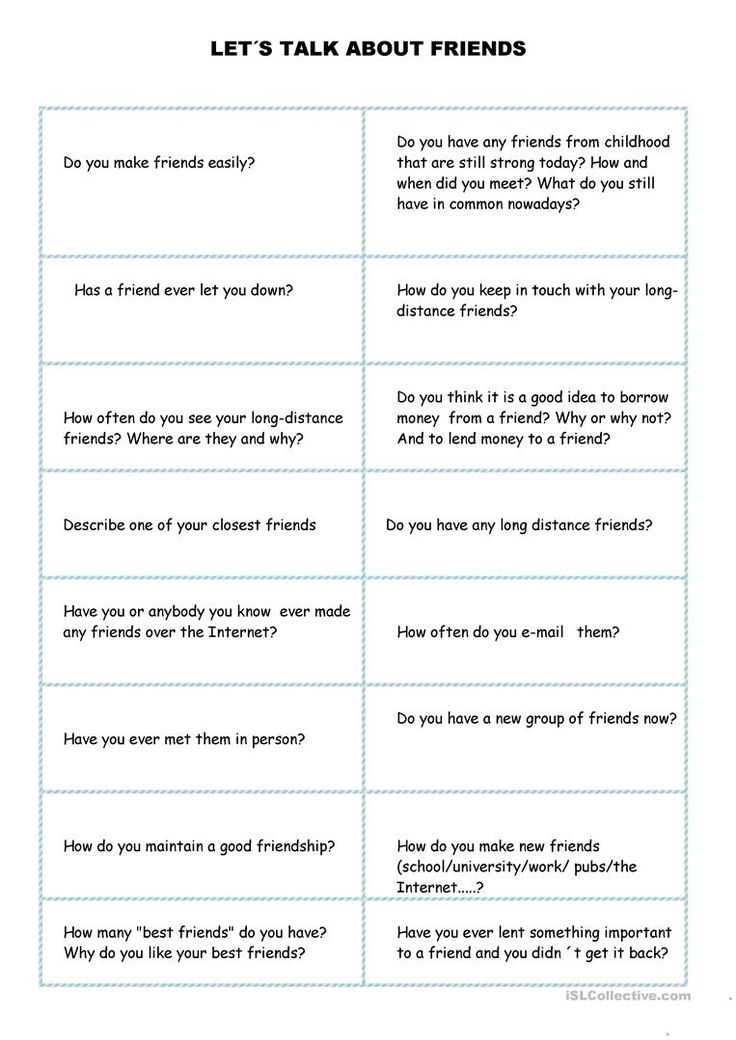 On important topics, keep your opinions to yourself. In time, you won't have to regret it.
On important topics, keep your opinions to yourself. In time, you won't have to regret it.
4. Money and friendship rarely go well together
If you lend money to a friend, there is always a risk of losing both. However, this also applies to everything else. Borrow your car and pick it up afterward scratched. Borrow a book and never see it again. There are exactly as many risks to quarrel and lose a friend as with money. nine0003
There is a simple way to keep a friendship. Before lending something, prepare yourself for the fact that you will either never see it again or get it back in poor condition. Then, if a friend keeps his promise, you will have a pleasant surprise. And if not, then you will be prepared in advance for this obviously unpleasant event. Either way, your friendship will be saved.
5. He who breaks, he pays
condition in which received. Of course, financial difficulties happen just like accidents.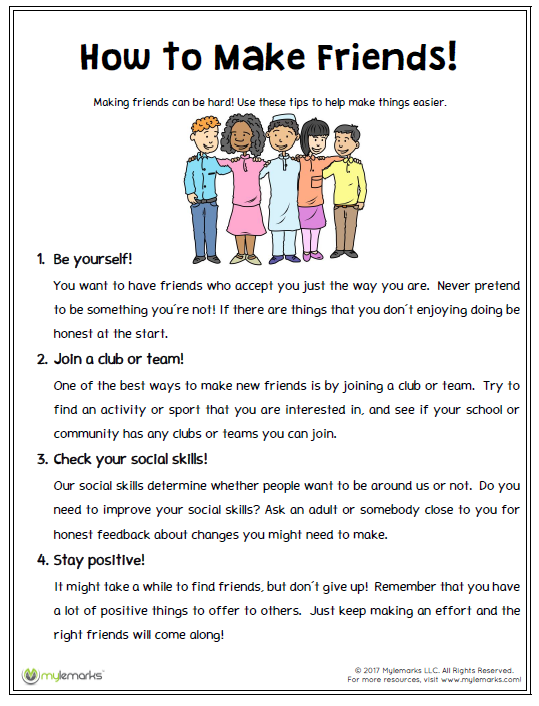 nine0003
nine0003
If you accidentally damage a book, clothes, car, be sure to replace or repair them. This is the price of your friendship. Pay back borrowed money as soon as possible. If for some reason this is not possible within the agreed time, do not play ostrich and do not hide your head in the sand. Show your intention to honestly return the money by offering, for example, payment in installments.
6. Don't criticize his other half
Has your girlfriend got involved with a man who doesn't respect her? You don't like your friend's new girlfriend? Try not to speak out about a person dear to your friend, even if he has recently appeared in his life. It is much more likely that a friend would rather draw a line under your relationship than end their love affair. nine0003
Plus, you only introduce an element of mistrust into their couple when they most need an understanding environment. And then, perhaps, after some fairly short time, you will notice that you were wrong.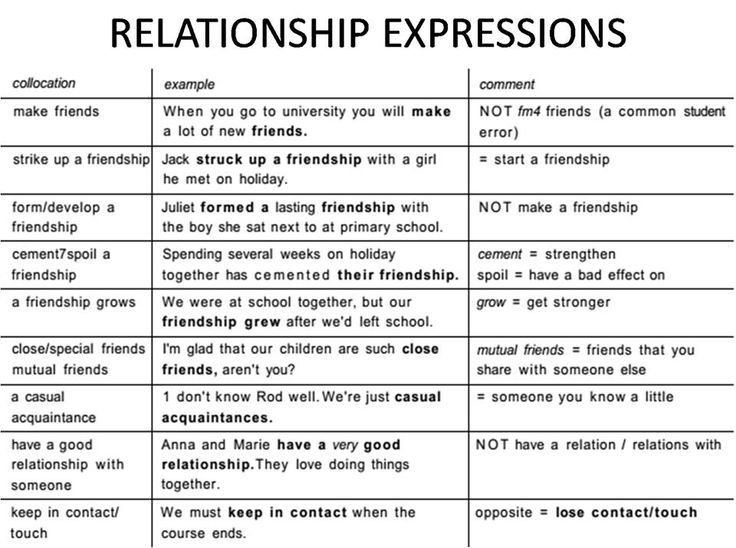 If this does not happen and their relationship ends in a breakup, which will only confirm your initial thoughts, refrain from statements like "I told you so." Because no one wants to hear that in difficult moments of their lives.
If this does not happen and their relationship ends in a breakup, which will only confirm your initial thoughts, refrain from statements like "I told you so." Because no one wants to hear that in difficult moments of their lives.
7. Do not rush to judge
He arrives late and you dryly tell him? She forgot about the meeting and it pisses you off? Before lashing out at a friend with an avalanche of reproaches, take a moment to consider your own actions. Are you always perfect? No. Are you always punctual, always remember everything? Also no. Then you can't play accuser. Because most often we ourselves sin precisely by what we are ready to accuse our friends of. In a word, look at yourself in the mirror more often and be indulgent. nine0003
8. Stay in touch
If life has divorced you and you no longer live in the same city, it is very easy to stay in touch these days. A small message on social networks, SMS or email will always help to ask once again “how are you?”.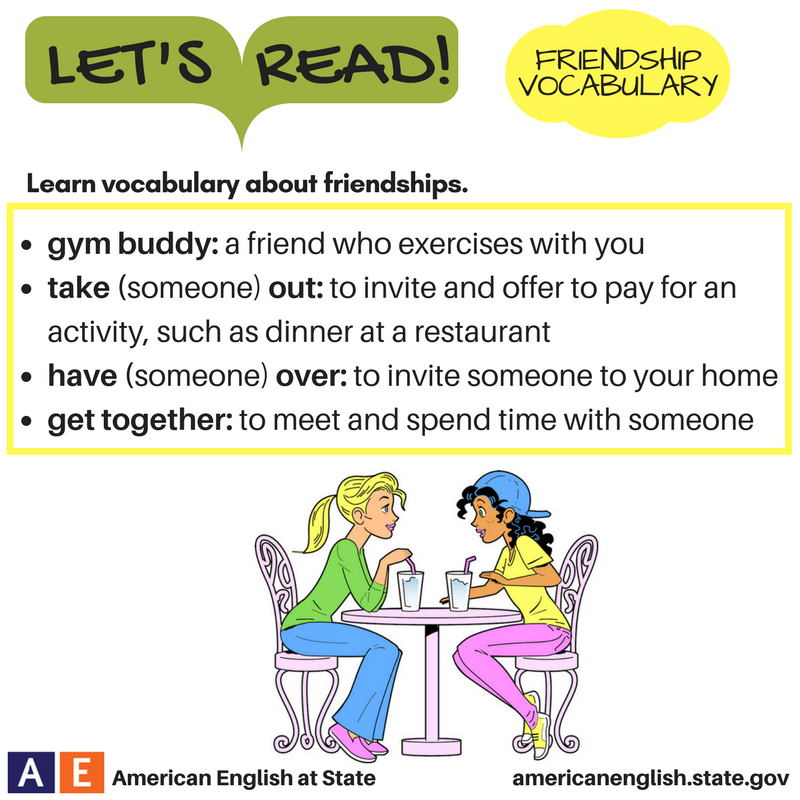 Lasting friendship never suffers from distance. And true friends continue their relationship from where they left off, as if they parted just the day before.
Lasting friendship never suffers from distance. And true friends continue their relationship from where they left off, as if they parted just the day before.
9. Gifts support friendship
It is not the gift itself that is important, but the symbolism it contains. A small gift is a testament to the fact that "I thought about you while we were not together." Often a gift reflects the feeling we have for another. All occasions are good to show a friend that we think of him: a gift from a trip, a birthday present, a gift just for no reason at all. And the gift does not have to be expensive at all in order to give great pleasure.
10. Know how to ask for forgiveness
Did you unreasonably reproach your friend for something? Wounded by a word or deceived? When clouds gather in friendship because of you, you need to be able to ask for forgiveness. Sometimes it is very difficult, because it means admitting one's fault, that is, putting another above oneself.

